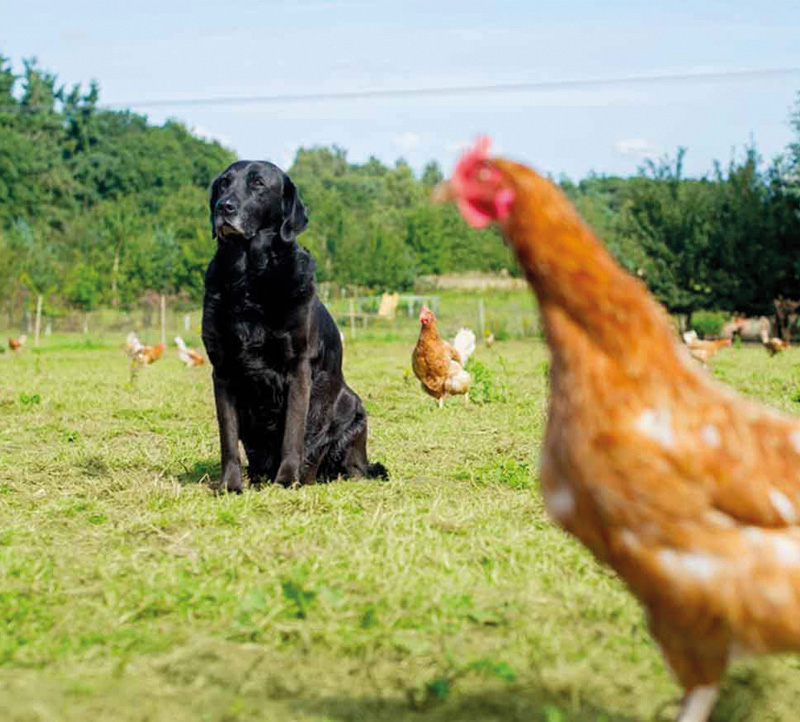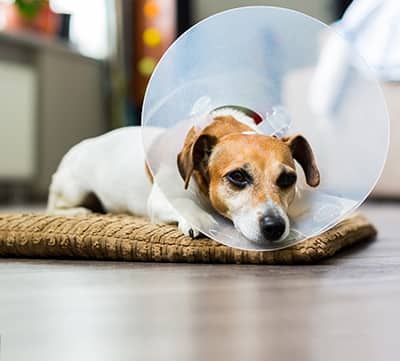Vets and raw feeding
Given the irrefutable fact that the biologically appropriate diet for dogs consists of raw meat, bones and vegetables, you may be surprised to hear that a high percentage of vets are either ambivalent towards or openly against the diet. Why, when dogs have been eating raw food for millions of years, should highly educated and, one would hope, caring professionals take such a stance? The reasons are various and complex.
It isn’t easy being a vet
It takes vets seven years to qualify, after which they will probably spend a year or two gaining experience in someone else’s practice before starting up on their own. When they do set up, they will have to invest heavily in building their surgery with no government support (unlike dentists and doctors). Isolation, stress and high expectations from clients mean that vets suffer from above-average levels of depression and an above-average suicide rate. This probably isn’t helped by the fact that part of their work requires them to euthanise animals on a regular basis.
They don’t get rich, either. GPs earn, on average, over £100,000 a year. Vets earn, on average, closer to £30,000. It isn’t easy being a vet.
The exploiters!
There are two, highly profitable, sectors that exploit vets. The first is the pharmaceutical industry. The behaviour of pharmaceutical manufacturers need not concern us here, except it is worth remembering that it is not in their commercial interest for dogs and cats to be healthy. The second is the pet food industry. Ever since pet food was invented (by one James Spratt in 1860), manufacturers have been getting vets to endorse and sell their products.
Pet food sales keep some vets afloat
For some time now, pet food manufacturers have been providing vets with financial support:
- They pay commission to vets for selling food via their surgeries.
- They pay vets to carry out ‘research’, attend conferences, write papers and so forth. They support several of the professional bodies.
With part of their income coming from pet food companies, it isn’t surprising that many vets are inclined to believe what those manufacturers tell them about the suitability of their food.
The colleges are no less to blame
Vets can be forgiven for their lack of knowledge about raw feeding for another reason: they are taught very little about canine digestion in the course of their studies. Colleges rarely devote more than a day to the topic and the lectures are often sponsored by pet food manufacturers. You can guess how impartial such lectures are likely to be.
The dark side
Vets have a tough job and they do it for love, not for money. Still, there are a few vets (a minuscule percentage) who must know full well that if dogs didn’t suffer as much as they do from diet-related health issues they would lose a vast percentage of their business. It could be argued that manufactured pet food is causing most of the health problems that vets and pharmaceutical companies are trying to cure and that the only losers are their canine patients.
The solution
If vets received larger grants when they studied so that they didn’t leave full-time education with huge debts. If their education included more about canine digestion. If clients were willing to pay a little more for veterinary services. Well, it would put an end to an awful lot of suffering.
For more information and advice please contact Honey’s – we’ll be happy to help even if you never, ever plan to become a customer.
Web: www.honeysrealdogfood.com
Email: info@ honeysrealdogfood.com
Telephone: 01672 620 260







